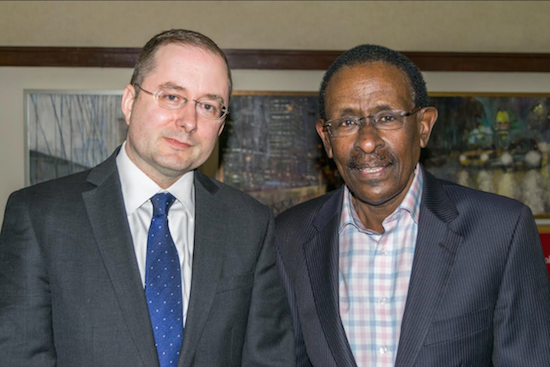Brooklyn Law School professors talk climate change in Trump era

The incoming presidential administration has meant a slew of changes to the way the government operates, and perhaps no field has seen greater changes in the first 80 under President Donald Trump than how the government deals with climate change.
Brooklyn Law School (BLS) professor Gregg Macey, who teaches in environmental law, called the changes depressing and opened Thursday’s Legal Lunch by talking about the Doomsday Clock, which has moved to just two and a half minutes from midnight, the closest it’s been since the 1950s.
“Recently, after the election, the Bulletin of Atomic Scientists added climate change to its consideration for how it should set the clock, and as a result it’s as close to midnight as it’s been in a generation,” Macey said. “Here are their words — the probability of global catastrophe is very high.

Brooklyn Boro
View MoreNew York City’s most populous borough, Brooklyn, is home to nearly 2.6 million residents. If Brooklyn were an independent city it would be the fourth largest city in the United States. While Brooklyn has become the epitome of ‘cool and hip’ in recent years, for those that were born here, raised families here and improved communities over the years, Brooklyn has never been ‘uncool’.